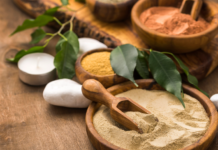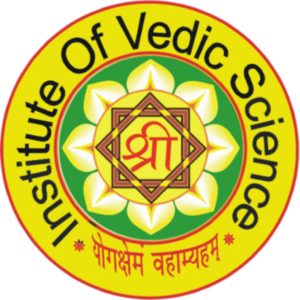Fasting or vrat is a practice that has been followed since ancient times in India. It is a way to purify the body, mind, and soul and to seek blessings from the Almighty. However, the benefits of vrat can only be achieved if it is performed in the right way. Here are the essential steps to follow to make the most of your vrat:

Faith and Dedication: The Key Prerequisites
The first and foremost requirement for vrat is faith and dedication. Without these two, vrat is meaningless. It is important to have complete faith and belief in the efficacy of vrat and in the God or Goddess that you are invoking. You should dedicate your day to the deity and pass it with full sincerity and devotion.
Sankalp: The Pledge
Sankalp is a commitment to do a particular thing and is an essential part of vrat. The pledge should be undertaken in the following manner:
- First, face the north or east direction and take water, rice, whole betel nut, money, and flowers in hand.
- Second, identify yourself by stating your name, your father’s/husband’s name, and your gotra. Then, specify the time, date, day, Samvat, month, Paksha, and “Nakshatra” and the place where you are observing the vrat.
- Third, state the name of the vrat and the name of the God or Goddess associated with the vrat. Follow this by stating your special wish or objective for performing the vrat.
After performing the sankalp, touch the spot of ground where you sat, after removing the Aasan or mat, with both hands and then put it on your forehead. This is to ensure that the effect of the worship and vrat will go to Indra Deva.
Fasting: Alpaahar or Little Food
During vrat, any kind of meal is generally avoided. However, in modern times, our sages allow us to take little and special food without any kind of salt only once a day. This is to ensure that routine activities are not disturbed, and physical weakness is not experienced. The little food, known as “alpaahar,” is taken only to provide essential strength and energy to the body, and not for taste. In most of the vrat, the usage of salt is prohibited because it determines the taste of the food.
UdyapaUdyapan in Vrat: Concluding with Gratitude
Udyapan is the process of making prayers at the time of completion of the total duration of vrat. It is a way to seek the accomplishment of ambitions and to beg for excuses for any mistakes, errors, or shortcomings that may have occurred during the vrat. Vrat should only be commenced after persistent thinking and making a strong determination, and if it gets discontinued due to one or the other reason, it becomes futile until Udyapan is done.

Conclusion
In conclusion, vrat or fasting is a powerful tool for seeking blessings and purifying the body, mind, and soul. To achieve the maximum benefits of vrat, it is important to follow the essential steps of faith and dedication, sankalp, fasting, and udyapan.






















